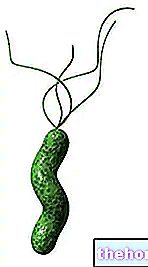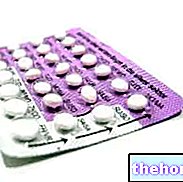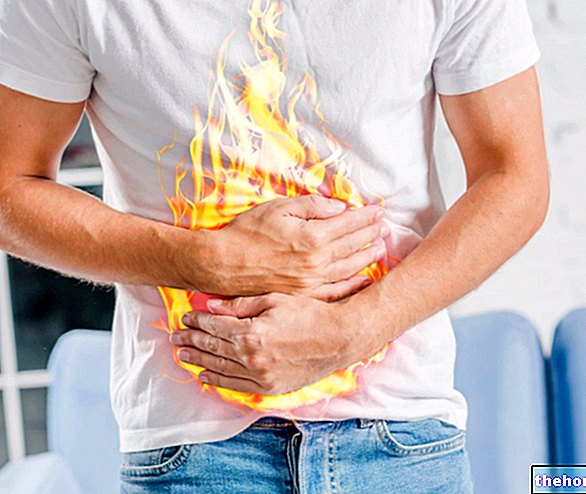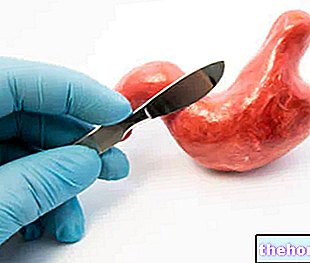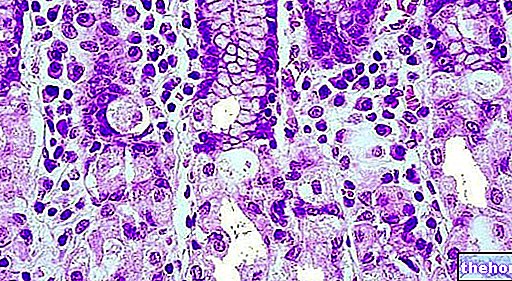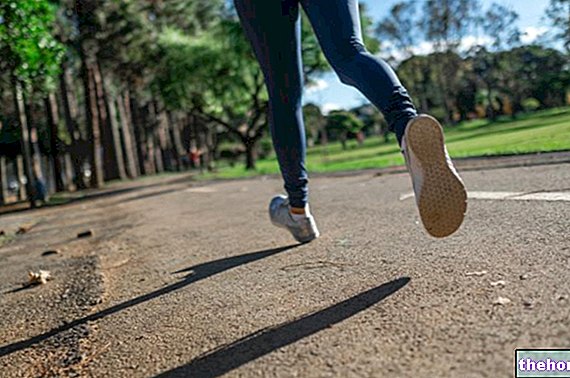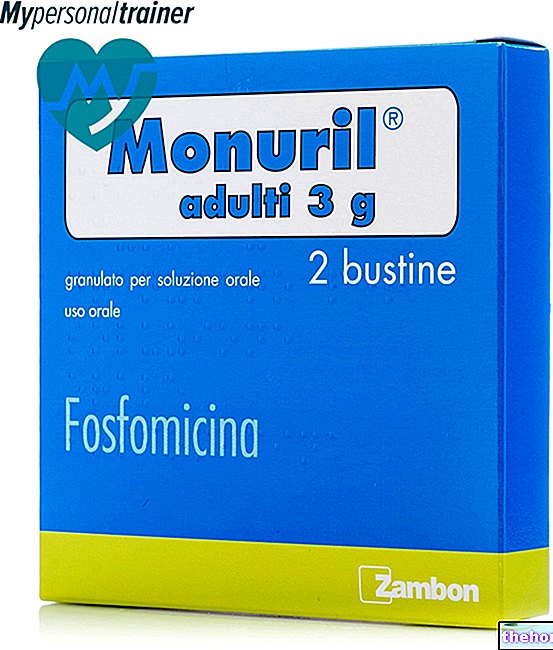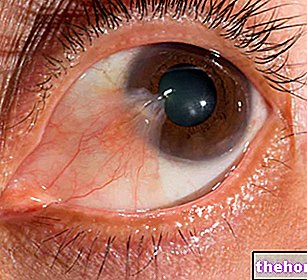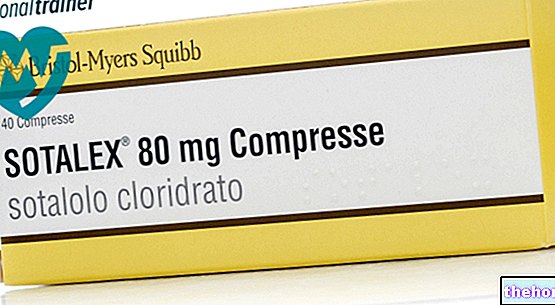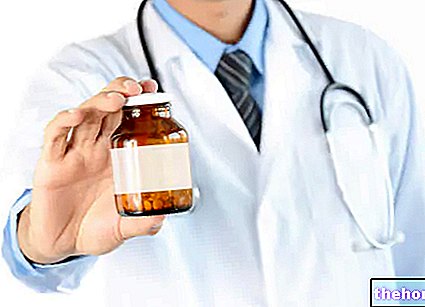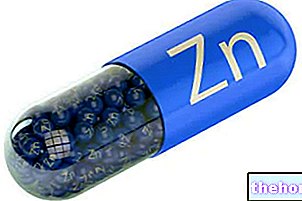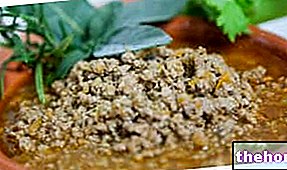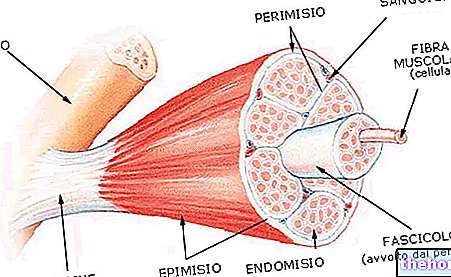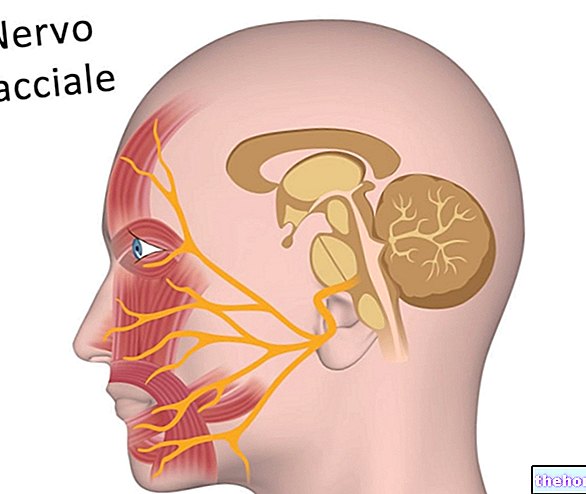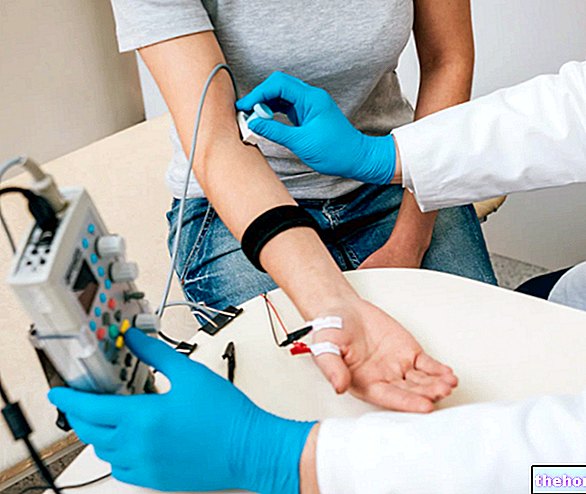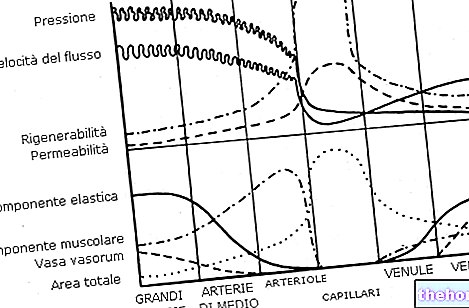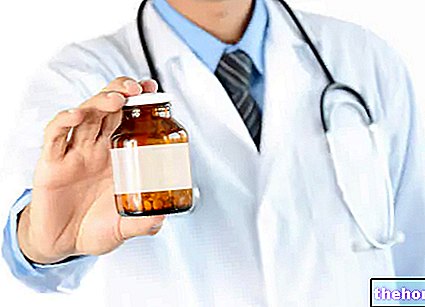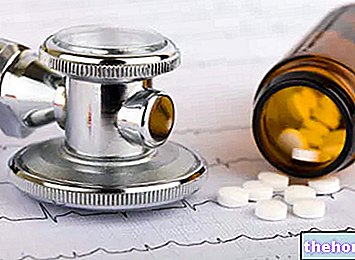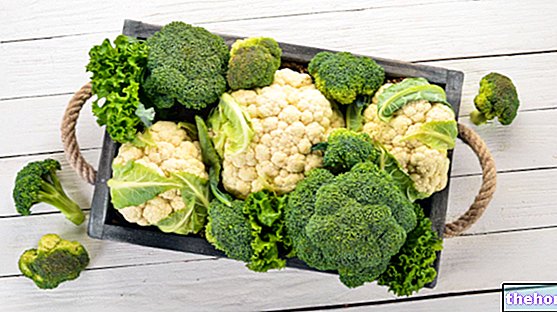Gastroesophageal reflux is a physiological condition that affects the stomach and esophagus.
In a healthy person, there are about 50 reflux episodes lasting a few seconds a day.

It is caused by:
- Hiatal hernia.
- Lifestyle and bad habits.
It is recognizable by:
- The duration of reflux (3-5 minutes).
- The damage it causes to the esophagus.
GERD lesions are caused by the imbalance between stomach acid and the defensive mechanisms of the esophageal mucosa (esophageal sphincter, cleaning of the gastric material, trophism of the mucosa).
These damages can evolve in critical situations and predispose to very serious pathologies (Barret's esophagus, carcinoma, etc.).
The complications of GERD are almost imperceptible. The first symptoms of esophageal cancer usually appear very late.
Recognizing the symptoms of GERD early is critical to avoiding a poor prognosis.
The published material is intended to allow quick access to advice, suggestions and general remedies that doctors and textbooks usually dispense for the treatment of Gastroesophageal Reflux Disease; such indications must in no way substitute the opinion of the attending physician or other health specialists in the sector who are treating the patient.
What to do
- First of all it is necessary to know how to recognize the typical symptoms:
- Retrosternal heartburn (burning).
- Regurgitation of gastric material.
- Epigastric pain.
- It is also very helpful not to exclude GERD in the presence of atypical symptoms; among these:
- Oropharyngeal manifestations (tonsillitis, cough, etc.).
- Alteration of the upper respiratory tract (polyps, chronic laryngitis, etc.).
- Pulmonary manifestations.
- Recognizing one or more of the typical symptoms, even more so if in the presence of atypical relapsing ones (for example tonsillitis that does not heal with antibiotics), it is necessary to contact a doctor.
- Begin the diagnostic process. Your GP or gastroenterologist will deal with:
- Anamnesis.
- Esophagogastroduodenoscopy.
- 24-hour pH-metry.
- 24 hour impedance measurement.
- In case of a positive diagnosis and under medical prescription, it is necessary:
- Follow specific drug therapy.
- Respect the dedicated food therapy.
- Lose weight if you are overweight.
- Limit smoking and alcohol.
- Eat upright.
- Eat slowly and chew thoroughly.
- After meals:
- Dress in comfortable and not tight clothes.
- Choose elastic trousers or suspenders rather than belts.
- To rest.
- Remain in a standing or sitting position and at most 45 ° inclined.
- Chewing gum (stimulating salivation and swallowing promotes the cleaning of the esophagus).
- Reduce psychological stress.
NB. A correct lifestyle reduces the symptoms in 20-30% of cases.
What NOT to do
- Ignore typical and atypical symptoms.
- Do not seek medical attention or do it after a long time from the onset of symptoms.
- Do not deepen the diagnosis with specific instrumental investigations.
- Do not follow, or discontinuously respect, drug therapy.
- Do not follow, or discontinuously respect, the dedicated food therapy.
- Get fat or become overweight.
- To smoke.
- Abusing alcohol.
- Eat quickly while chewing little.
- After meals:
- Dress in tight clothing.
- Use constricting belts.
- Performing major physical exertion.
- Go to bed.
- Accumulating nervous stress that causes stomach acid and worsens GERD.
What to eat
For further information: Diet for Gastroesophageal Reflux Disease
- In case of overweight (especially with android distribution), lose weight by practicing a low-calorie diet with an energy intake of 70% compared to normal.
- Consume small meals, with moderate portions. The division of calories could respect a similar criterion: breakfast at 15% of the energy, two snacks (snacks) at 10% or four at 5%, lunch at 35% and dinner at 30%.
- Eat away from rest.
- Season a little and only with extra virgin olive oil. 4 teaspoons a day between lunch and dinner are sufficient.
- Of those animals, prefer lean foods and / or with little connective tissue:
- Among the meats: skinless avian (chicken, turkey, etc.), rabbit, fat-free muscle of pork or beef, etc.
- Among the fishery products: cod, anchovies, sea bream, sea bass, corvina, croaker, tuna fillet, shrimp etc.
- Among the cheeses: lean ricotta, light spreadable cheese, cottage cheese.
- No more than one whole egg per serving.
- It is possible to consume oil seeds, but only away from main meals, therefore close to snacks.
- Among the protein ones, prefer medium cooked foods. The recommended techniques are:
- Boiling in water.
- Vacuum boiling.
- Vasocooking.
- Steam powered.
- In a pressure cooker.
- In a pan over a low flame.
- Baked.
- Grilled.
- Baked.
- Among cereals, legumes and derivatives, choose those with medium or low fiber content. The excess is the cause of an excessive gastric permanence.
- Fruits and vegetables are tolerated cooked and raw, but the portions must not exceed 150g.
- Tasteless foods.
- Fresh foods and to be consumed "natural"; the only recommended long-term storage method is freezing.
- Consume products that do not contain molecules directly involved in the worsening of gastroesophageal reflux (reduce the tone of the Lower Esophageal Sphincter - SEI).
- If possible, eat foods with medium pH.
- Take medium temperature foods.
What NOT to Eat
- High-calorie foods that can promote overweight.
- Large meals and portions.
- Quantitatively excessive dinners; they should NEVER be the richest meal of the day.
- Meals close to rest.
- Very seasoned foods.
- Fatty foods, especially of animal origin, or rich in connective tissue:
- Among the meats: offal, fatty cuts of pork, rind, ossobuco, sausages, cured meats, wurstel, hamburgers etc.
- Among the fishery products: salmon, eel, tuna belly, octopus, cuttlefish, mussels, clams, snails, etc.
- Among the cheeses: gorgonzola, pecorino, mascarpone, fontina, brie etc.
- More than one egg yolk at a time.
- Raw or overcooked protein foods:
- Carpaccio, tartare, sushi etc.
- Stew.
- Ragù and the like.
- Soups.
- Braised.
- Boiled meat.
- The techniques not recommended are:
- Stewing.
- Frying in a pan.
- Long cooking in the oven or on the grill or in boiling water.
- Brazing.
- Cereals, legumes and derivatives with a high fiber content (wholemeal).
- Excessive portions of fruit and vegetables.
- Savoury foods.
- Preserved foods:
- In oil.
- In brine.
- In salt.
- Smoked and dried.
- Spices and flavors, especially those that stimulate acid secretion:
- Chili pepper.
- Pepper.
- Horseradish.
- Ginger.
- Onion, garlic, shallot.
- Products that reduce the tone of the SEI:
- Chocolate and cocoa.
- Mint.
- Acidic foods and drinks:
- Vinegar.
- Beverages (e.g. cola).
- Citrus fruits and juice.
- Tomato and juice.
- Hot or frozen foods.
- Milk.
- Coffee and tea.
- Alcoholic.
- Broth.
- Carbonated drinks (orange soda, cola, etc.).
- Snacks and other junk foods.
Natural Cures and Remedies
The only natural remedies for gastroesophageal reflux disease are specific to reduce stomach acid:
- Alkaloids with anticholinergic action that reduce gastric secretion:
- Atropine and scopolamine: contained in the leaves of Atropa belladonna. ATTENTION! Its use is no longer recommended due to potential side effects; moreover, the berries of the same plant are highly poisonous.
- Mucilaginous drugs that protect the mucous membrane of the stomach and esophagus:
- Marshmallow, alginic acid, mallow, Icelandic lichen and aloe gel.
Pharmacological treatment
- Proton pump inhibitors (PPIs) and H2 receptor antagonists: reduce the acidity of gastric secretions and prevent gastric contents from corroding the esophageal muscosa.
- PPI:
- Lansoprazole (eg Pergastid, Lomevel, Lansox).
- Omeprazole (eg. Antra, Nansen).
- Rabeprazole (eg Pariet).
- H2 receptor antagonists:
- Nizatidine (eg. Nizax, Cronizat, Zanizal).
- Ranitidina (eg Zantac, Ranibloc).
- Protectors of the esophageal mucosa: protect the esophagus wall from acid attack:
- Alginates (eg Gaviscon advance).
- Prokinetic drugs: accelerate the stomach emptying time, preventing the slowed evacuation from favoring the onset of the disorder:
- Metoclopramide (eg Plasil, Isaprandil).
- Domperidone (eg Motilium, Peridon).
- Over-the-counter antacids:
- Sodium bicarbonate (NaHCO3).
- Calcium carbonate (CaCO3).
Prevention
- Prevention of gastroesophageal reflux is purely behavioral. In summary:
- Avoid cigarette smoke and alcohol.
- Avoid clothes that are too tight.
- Maintain proper posture during and after meals.
- Reduce the volume of meals, preferring small and frequent ones.
- Consume only the foods allowed by the GERD diet.
- Eat slowly and chew properly.
- Go to bed after at least 3 hours.
- Don't overdo it with physical exertion.
- If you are overweight, lose weight.
Medical Treatments
- The alternative medical treatment to drug therapy is surgery. It is not always or totally conclusive. This is an operation that can be performed in laparoscopy (fundoplication), which aims at the functional restoration of the gastroesophageal sphincter.

